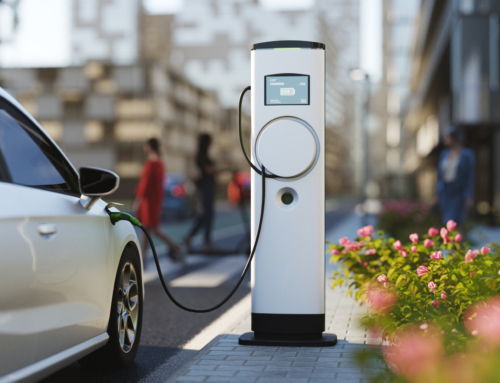“All you need is love,” the Beatles sang. Emily Dickinson wrote, “That love is all there is, is all we know of love.” Solar energy is kind of like that. Just as love is all we have, sunlight is the main source of all energy on Earth.
Sunlight gives us heat and lets us see color. It causes the wind to blow and plants to grow, makes water evaporate and rain fall. It keeps everything in motion.
Given how we use it for everything else, it makes sense to turn sunlight directly into electricity using solar panels. But will they work in your situation and help you reduce your energy bills? Let’s look at solar energy pros first and then at cons.
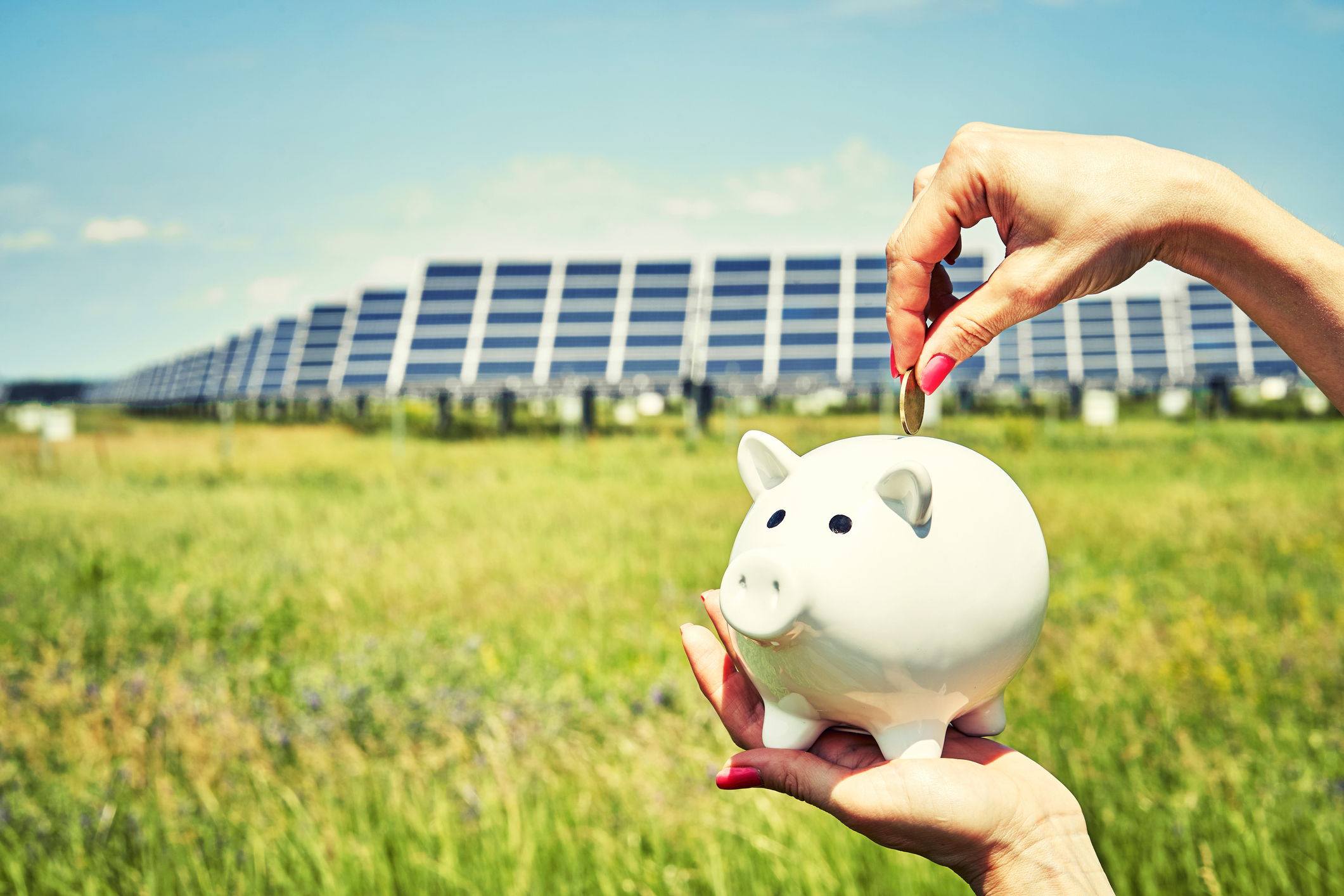
Do You Really Save Money with Solar Panels?
One of the most exciting solar energy pros is the idea you hear so often: “You can create all your own electricity and live off the grid! You won’t ever have to pay for power again!”
But that goal is far-fetched for most people. A more realistic goal is to save money on your energy bills by generating a portion of your electricity with solar panels.
The amount of money people can save varies. Do you have larger solar panels and more continual sunlight than people in a nearby state? Then you might save more.
You can use an online calculator to estimate how quickly your solar panels can pay for themselves. After that, they might last for 20–30 years, generating free electricity and lowering your power bill!
What Are the Advantages of Using Solar Power?
There are major solar energy pros and cons you can think about before buying solar panels. Let’s start with the benefits of solar power.
- Improves Your Property Value
The average American moves every five years. Since solar panels can last much longer, you might pass them on to the next owner (and they could very well pass them onto the next owners, and so on), and buyers may pay extra for your house—or send you an offer when they wouldn’t have otherwise! - Protects You from Changing Energy Prices
If your solar panels generate most of the electricity your household needs, you’ll be able to predict how much you’ll be paying for electricity for the next 20–30 years, even if utility costs change. After you pay off your panels, you could save quite a bit per month. - Available Almost Everywhere
The places we humans choose to live usually offer plenty of sunlight. It might seem like deserts are the best places for solar energy, but even less sunny states in the US really get only a little less sunlight. Your solar panels are going to be helpful, no matter where you put down roots. - Requires Minimal Maintenance
Solar panels don’t have moving parts. That means they don’t normally break down. You don’t have to lubricate them or add anything to them. Just a little cleaning is all they need—and the rain might clean them for you! - May Improve Communities
When state laws allow it, some communities create large solar gardens that provide electricity for all the nearby houses. This can reduce installation costs, because it’s easier to install many panels at the same time down on the ground in a vacant lot.
Are There Disadvantages?
We don’t see these as cons against solar energy as much as challenges to be aware of. And each of these can be overcome pretty easily.
- Investment Costs
It takes money to save money, and there’s a cost to putting a piece of advanced technology on your roof. But you can buy solar panels on payment plans and gradually pay them off while enjoying some immediate savings on your power bill. - Roof Space Needed
If you live in a condo, you probably don’t have the roof space to set up your own solar panels. But they’re perfect if you have a house! Or your community might be able to set up shared solar panels. - Not Portable
If you need to move, you can’t take your solar panels with you. But you might be able to sell your house for a higher price, which can pay for your panels. - Not Constant
Solar panels only generate electricity when the sun is shining, but that’s when people use electricity the most, anyway. Also, new battery systems can help households store electricity for cloudy days and for the night. Staying attached to the grid is an easy backup system too.
Interested In Solar Power?
Even knowing the solar energy pros, you might decide not to buy your own solar panels. But with Spring Power & Gas, we offer solar energy as a carbon offset option in your utilities package. Contact us to learn more.
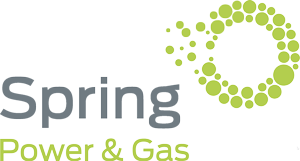
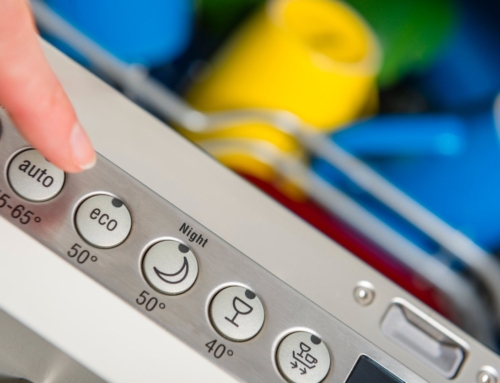
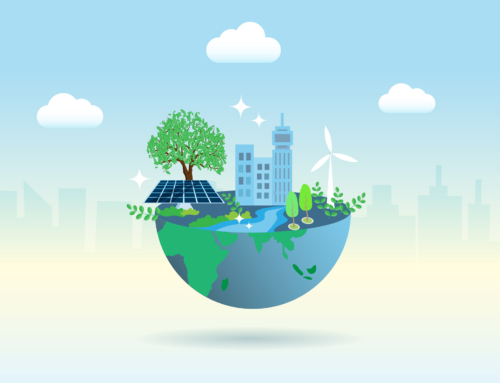

![Top 11 Sustainable Building Practices for Eco-Homes [Plus 5 Sustainable Materials]](https://springpowerandgas.us/wp-content/uploads/2023/02/iStock-181062267-500x383.jpg)
